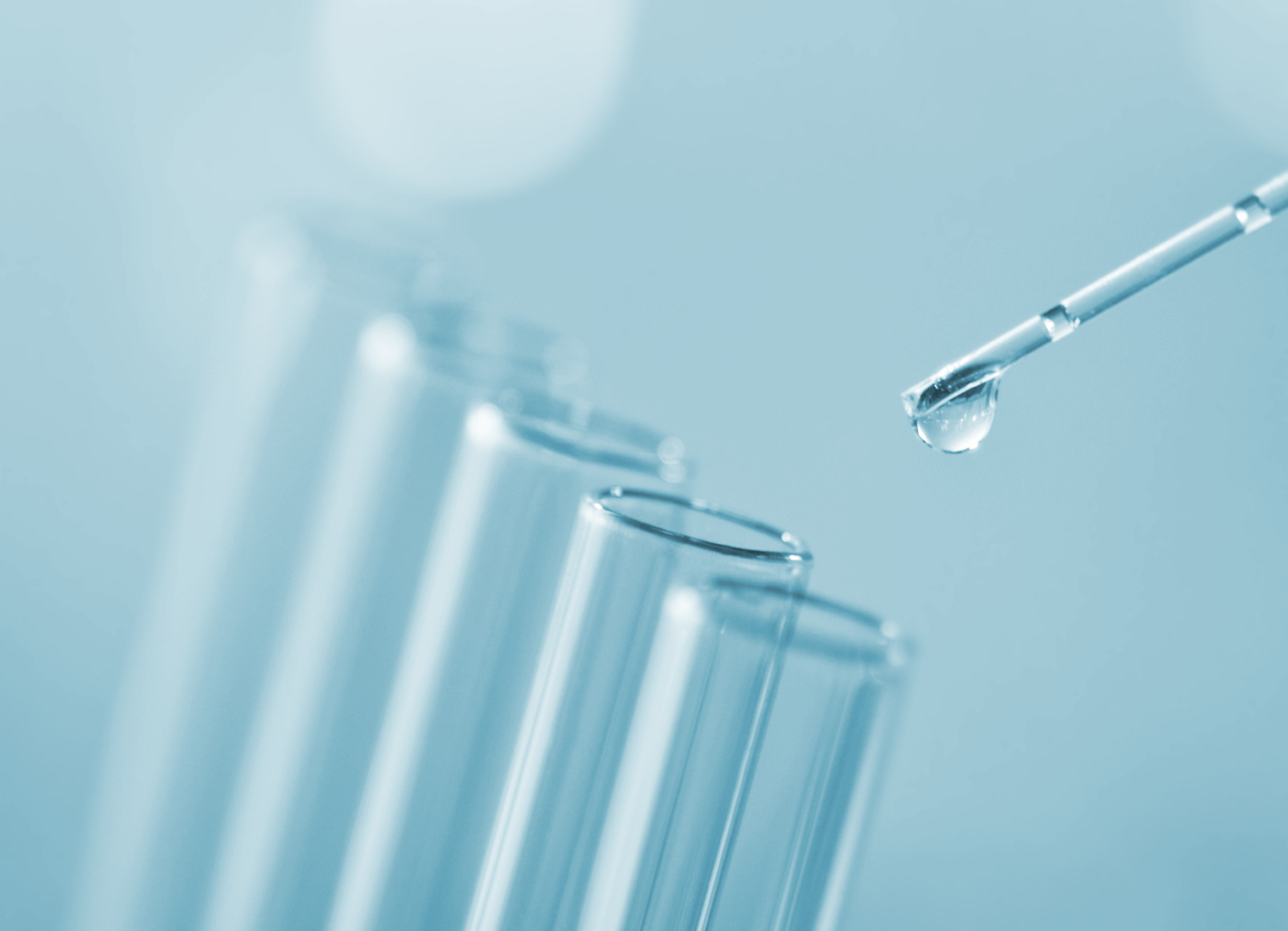Biosimilars don't need big market share to bring savings - IMS

Biosimilars can bring savings to health systems regardless of their market share, according to a new report by IMS Health.
The European Commission asked IMS to put together the report, drawing on data from a study published earlier this year, and updating it with more information from EU pharma trade groups.
In the report, “Impact of Biosimilar Competition”, IMS made five key findings:
-
Competition drives down price, not just of the originator but the whole product class;
-
There is a weak correlation between market share and price – high savings can be achieved even if biosimilar market share is low;
-
Originators have acted differently when faced with biosimilar competition than when faced with small-molecule generic competition;
-
Lower prices have the most impact on usage countries with low initial usage;
-
The number of competitors drive down prices and there is a small correlation between the number of competitors and price reduction.
The conclusions build on a report published earlier this year, where IMS suggested biosimilars could shave as much as $110bn from drug spend in the US and EU in the years until 2020.
In the report, IMS used data from four classes of drugs where there is biosimilar competition to show price reduction can be achieved through price regulation interventions and commercial decisions of manufacturers.
It includes contributions from the European Federation of Pharmaceutical Industries and Associations (EFPIA), generics and biosimilars body Medicines for Europe, EuropaBio and the Association of the British Pharmaceutical Industry (ABPI).
The ABPI's executive director of research, medical and innovation, Virginia Acha, said: “The growth of a vibrant and competitive market for biologics is a win-win for the NHS, offering considerable cost saving opportunities and the opportunity to widen patients' access to innovative medicines.”
Separately, Novartis' generics and biosimilars division, Sandoz, said it aims to launch five new biosimilars by 2020, making it one of the biggest players in the sector.
In an interview with Reuters, Sandoz division head, Richard Francis, said the firm hoped to launch versions of AbbVie's $13 billion blockbuster, Humira (adalimumab), Amgen's Enbrel (etanercept) and Neulasta (pegfilgrastim), Johnson & Johnson's Remicade (infliximab) and Roche's Rituxan (rituximab).
Between them these drugs booked sales of $44 billion in 2015.
However originator companies will be sure to defend their products with legal action. AbbVie has set up a series of patents that aim to protect Humira until 2022.
Around 20 biosimilars are already approved in Europe, but the US is lagging behind, having approved its first biosimilar Sandoz's Zarxio (a filgrastim copy) in March last year.












